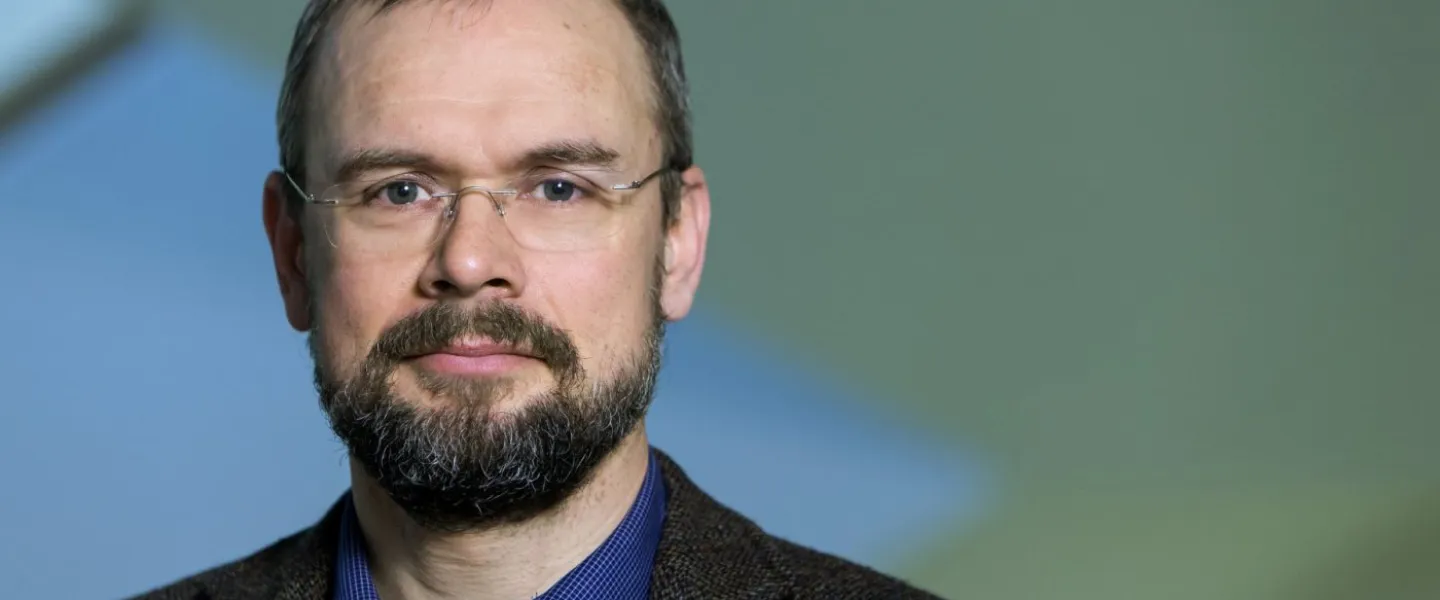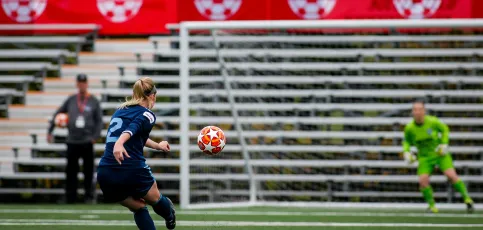
Greenhouse gas emissions from food production: a cause for concern
Food production is one of the largest contributors to anthropogenic greenhouse gas (GHG) emissions. Its share is estimated to be around a quarter of all emissions. The production of animal protein has been growing and is estimated to account for around half of all GHG emissions in food production during the last two to three decades.
Fishing produces low CO2 emissions per unit output compared to other animal protein sources. However, global emissions from fishing grew by 28% from 1990 to 2011 and fishing currently contributes about 4% of the emissions of world food production.
Fisheries have been the backbone of the Icelandic economy for centuries. Throughout the 20th century and until 2014, fisheries were the country's main source of export earnings, cod and haddock being the most important species.
Today still, fisheries make a large contribution to Iceland’s economy as compared to most other countries. Accordingly, carbon dioxide emissions from fishing vessels are unusually high, representing about 10% of Iceland’s greenhouse gas emissions (LULUCF emissions excluded).
The purpose of this research was to analyse the development of CO2 emissions from the Icelandic fishing fleet from 1997 to 2018 and thus identify the relationship between various factors and emissions in fisheries.
Six ways to reduce the carbon footprint of fisheries
GHG emissions in fisheries can be reduced in six ways. Firstly, fuel utilization can be improved by better technology. This is a gradual, ongoing process influenced by regulations, technical development, and fuel prices.
Secondly, by utilizing more of the catch for human consumption instead of using it as feed for aquaculture, as is common for many pelagic species. This is because utilizing the catch for human consumption shortens the food chain which leads to lower emissions.
Thirdly, by the selection of fishing gear. Generally, passive fishing gear like long lines and gillnet are more fuel efficient (i.e., less fuel per unit of catch) than active gear like trawls. However, fuel efficiency variability is high, especially in passive fishing gear methods like pots, traps, hooks, and lines.
Fourthly, taxing emissions (carbon taxes) should in theory reduce emissions because of lower fishing effort, smaller fishing fleets and more incentives to develop more fuel-efficient technologies.
Fifthly, the fisheries management system can affect emissions. In 1991, a uniform individual transferable quota (ITQ) system was implemented in Iceland, including almost all the country's fisheries. Normally, the main rational for managing fisheries by an ITQ system is to promote economic efficiency and cost reduction. Therefore, catch share management systems, like ITQ systems, are well suited to reduce emissions.
The sixth and final item is to improve fisheries management and allow fish stocks to grow, leading to an increase in catch per unit effort (CPUE) and resulting in a reduction in fuel consumption per unit of catch.
Preserving fish stocks: an efficient road to low-carbon fisheries
The results of this study show that Iceland has in fact experienced a very significant reduction in GHG emissions in its demersal fisheries during the last two decades. From 1997 to 2018, the average emissions per unit of catch were reduced by around 40% in Iceland's demersal fisheries.
The findings show that rebuilding of fish stocks has been the most important contributing factor towards reduced GHG emissions in Iceland's fisheries during this period. Overall catches and abundance are by far the most crucial factors determining emissions. The bigger the catches and the greater the abundance, the smaller the emissions per unit of output.
Other variables examined, such as improved technology, oil price, and fish price, had a much smaller impact. In addition, the importance of different factors affecting emissions varies between vessels depending on types of fishing gear.
The results indicate that building up fish stocks not only increases output but also increases profitability and reduces emissions per unit of output, as long as the fisheries management system preserves incentives for efficient fishing.


